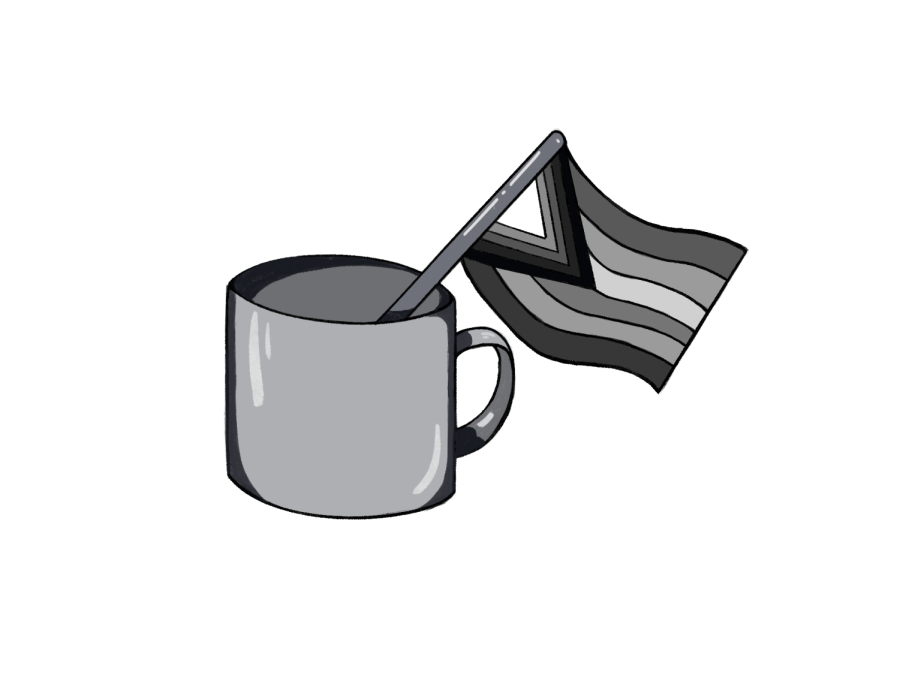CAMPUS: Bruins from the LGBTQ+ community reflect on their coming out experiences
Before opening their bedroom door, a student inhales a lengthy breath. As they walk down their hallway, dread and fear fill their body. They stare down at their dining room table as they tell their parents the name and pronouns they prefer. They watch as their parents take their hand in their own and smile. The student exhales.
Recognizing the reality of their own coming out experiences, the SCHS LGBTQ+ community reflected on the problematic assumptions associated with sharing one’s sexual orienation or gender identity and gave their advice regarding the advantages of coming out.
After coming out two years ago as nonbinary, freshman J.C. Vu reflected on her recent consolation after correcting others when addressing their gender.
“I’m not afraid anymore to be like, ‘Hey, I’m actually nobinary and I use she/they pronouns,’” Vu said. “It’s a lot more comforting to be showing your identity than having people define who you are.”
Junior Lauren Taffe who identifies as a transgender man has noticed the dangers of the oversexualization of people in the community itself, along with the assumptions of attraction.
“I came out, and it was instantly like, ‘Oh, do you have a crush on this person?’ ‘Do you have a crush on this person?’ just because I’m gay, but it doesn’t work like that,” Taffe said.
For Taffe, the expectation that personalities will change after coming out creates a harmful assumption not only for him but for those attempting to openly identify with their gender or sexuality.
“People who don’t understand as much assume that coming out changes who you are,” Taffe said. “It doesn’t change. You were always gay. Now they just know.”
Freshman Lee El-Domeiri acknowledged the challenges when coming out and advises those in the community to strengthen their self-confidence and surround themselves with a positive environment.
“If you’re really pressured, it’s okay to take time to figure things out, to build up the courage,” El-Domeiri said. “Find a group of people that you would feel safe with and those that would support you no matter what.”
Long-term substitute AP Statistics and Algebra Support teacher, Jackie Chirico, mentioned the realistic intentions behind sharing their identity as an adult, after having already repeatedly come out.
“You’re never quite done coming out because there are always people who don’t know,” Chirico said. “Coming out ends up being less of a single point occurrence (but) a lifelong thing that you constantly have to do.”
As a teacher, Chirico values the impact students hold in supporting and providing equality for LGBTQ+ individuals.
“I think it’s really important for individuals to get to see people thriving and striving publicly,” Chirico said. “The more positive successful adults you see who are in your community, who have those friends, who know people who are thriving, it makes it much much more likely that students not only survive but thrive.”
Along with Chirico, Taffe advises against revealing one’s identity to certain individuals when the outcome seems disrespectful or unenthusiastic.
“If you feel someone is going to react negatively, prioritize yourself, your own well-being,” Taffe said. “If they’re going to drag you down and you know it, maybe that person isn’t worth your time
Chirico wants people to prioritize their personal journey and their version of a supportive environment rather than digesting the harmful influences around them.
“You are you, and people don’t necessarily need to know more than that,” Chirico said. “If they can’t take you at face value, why are their words worth anything?”


